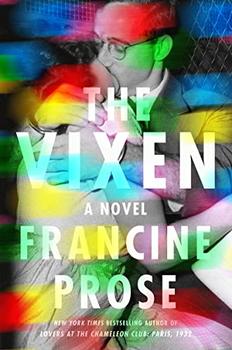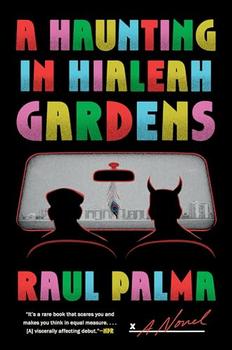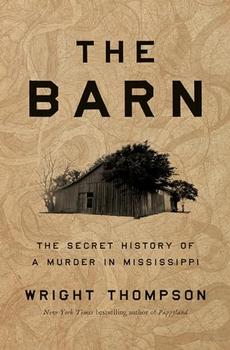Summary | Excerpt | Reviews | Beyond the Book | Read-Alikes | Genres & Themes | Author Bio

This article relates to The Vixen
 On June 19, 1953, Julius and Ethel Rosenberg were executed by electric chair at Sing Sing Prison in Ossining, New York, having been convicted of spying for the Soviet Union.
On June 19, 1953, Julius and Ethel Rosenberg were executed by electric chair at Sing Sing Prison in Ossining, New York, having been convicted of spying for the Soviet Union.
The Rosenbergs met in the Young Communist League in 1936 and married in 1939. Julius worked for the U.S. Army Signal Corps as an engineer, and though Ethel (née Greenglass) had trained in her early life to become an actress and singer, she eventually took a position as a secretary. The couple had two sons, Michael and Robert, born in 1943 and 1947, respectively.
In 1942, Julius was recruited to spy for the Soviet Union by spymaster Semyon Semyonov, and in 1944, he became a recruiter himself. One of the people he recruited was his brother-in-law, David Greenglass, who worked in New Mexico on the Manhattan Project.
David Greenglass was arrested for espionage in 1950, at which point he gave a testimony condemning multiple people, including Julius Rosenberg, who he confessed had asked him to share secrets about atomic weapons that Julius intended to pass to the Soviet Union. While David Greenglass did not name his sister Ethel in his original confession, he revised his testimony the following year to condemn Ethel as well, in order to secure a deal in which his wife, Ruth, would not be prosecuted. David Greenglass ultimately served nine and a half years in prison. David's testimony was the only real evidence against Ethel, and it is believed that without it, she would not have been sentenced. He later admitted that he was never certain Ethel was involved in the espionage.
The Rosenbergs were arrested in the summer of 1950, and on March 29, 1951, they were convicted by the court of conspiracy to commit espionage, and sentenced a week later. The judge had a choice of either 30-year imprisonment or execution, and FBI director J. Edgar Hoover recommended a 30-year sentence for Ethel, hoping that she would name other conspirators while in prison. However, Judge Irving Kaufman sentenced both Rosenbergs to death by electric chair.
Ethel wrote a last-minute appeal to President Eisenhower immediately before her execution, which was brought to the White House by the Rosenbergs' lawyer Emanuel Bloch, but he was turned away. The execution took place as planned on Friday June 19, 1953. Though executions at Sing Sing usually took place late at night, the Rosenbergs were executed before the setting of the sun out of respect for the Jewish Sabbath. Julius died after the first electric shock; Ethel did not die until five electric shocks were administered.
Their sentencing and execution received international attention. The Rosenberg trial and execution occurred during the height of McCarthyism in the U.S. (a particularly aggressive campaign against alleged communists during the Cold War, which saw a series of investigations and hearings in which individuals were condemned with little to no evidence). The Rosenberg case is considered to have been influenced heavily by the sort of paranoia that characterized this era, and the question of the couple's guilt remains contentious. Julius Rosenberg is largely believed to have been guilty, but due to a lack of documentation and evidence, the case against Ethel is much less certain. This is the primary reason the Rosenbergs' legacy remains so controversial.
The Rosenbergs are the only civilians in U.S. history to be executed for espionage, and the only spies executed during the Cold War. Their story is fictionalized in a novel-within-a-novel in Francine Prose's The Vixen.
Julius and Ethel Rosenberg in 1951 after being found guilty of conspiracy to commit espionage
Filed under People, Eras & Events
![]() This "beyond the book article" relates to The Vixen. It originally ran in July 2021 and has been updated for the
June 2022 paperback edition.
Go to magazine.
This "beyond the book article" relates to The Vixen. It originally ran in July 2021 and has been updated for the
June 2022 paperback edition.
Go to magazine.




The whole problem with the world is that fools and fanatics are always so certain of themselves, and wiser people ...
Click Here to find out who said this, as well as discovering other famous literary quotes!
Your guide toexceptional books
BookBrowse seeks out and recommends the best in contemporary fiction and nonfiction—books that not only engage and entertain but also deepen our understanding of ourselves and the world around us.